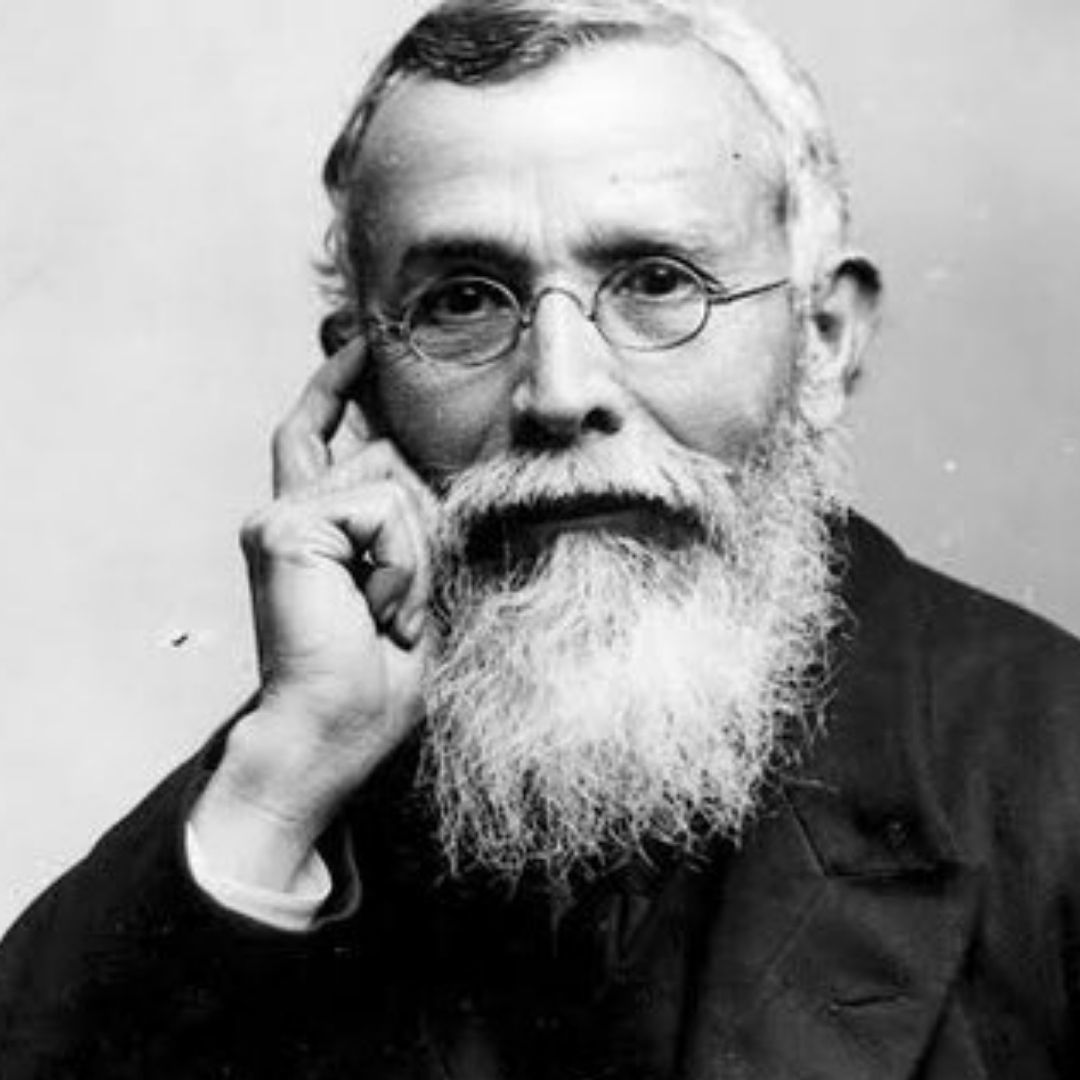
Image Credits: Twitter
Remembering Surendranath Banerjee, Father Of Indian Nationalism, On His 173rd Birth Anniversary
Writer: Akanksha Saxena
I am a budding journalist who loves to write stories that have the ability to connect with people.
India, 10 Nov 2021 10:11 AM GMT
Editor : Ankita Singh |
A literature lover who likes delving deeper into a wide range of societal issues and expresses her opinions about the same. Keeps looking for best-read recommendations while enjoying her coffee and tea.
Creatives : Akanksha Saxena
I am a budding journalist who loves to write stories that have the ability to connect with people.
From having an illustrious teaching career to being a part of the Indian National Congress, Surendranath Banerjee has played an important part in the years leading to our country's eventual independence.
India's independence struggle took off in 1857 with the 'Sepoy's Mutiny.' What started as a revolt by the Indian soldiers and the ruling classes, itspread like wildfire across the country. In different regions, several communities came together with one objective- to make India an independent country that can make decisions for its own welfare.
However, everyone had different ideas for the same. While some may have indulged in a violent conflict, some decided to use their intellectual prowess to spread ideas about freedom and liberty. Most of them were imbibed the knowledge disseminated by Western thinkers and philosophers and used it in the local context. A shining example of this was a man named Surendranath Banerjee. Known as the 'Father of Indian Nationalism', his contributions as a teacher and a prolific politician are well documented and remembered.
From A Civil Servant To A Teacher
Surendranath Banerjee was born in Calcutta (Kolkata) on November 10, 1848. Belonging to an affluent family, he was able to attend a school called 'Parental Academic Institution. He went to Calcutta University in 1868, after which he went to England in order to try for the Indian Civil Services. However, Banerjee was rejected on the grounds of age misrepresentation, which he contested later stating that he was a victim of racial discrimination. Eventually, in 1874, he went to Sylhet (present-day Bangladesh) to start his career as a bureaucrat, but had to resign due to a myriad of controversies.
June 1875 marked the beginning of his teaching career. As an educator, he wanted to help and influence young people of the time and came up with his ideas of nationalism. A year later, he came up with 'The Indian Association' that became the perfect platform for the public to voice their political opinions that could take the country in a better direction. Hindus and Muslims were asked to come together under this organisation.
It was during this time he became the editor of 'The Bengalee', a newspaper daily published in Calcutta that spread nationalistic fervour and inspire the Bengali youth to fight for the country's integrity.
Role In Indian National Congress
1885 was a pivotal moment in our history. The Indian National Congress' first session was held in Bombay in December. Being a prolific speaker, Surendranath Banerjee became an integral part of the organisation. Making his mark in the annual sessions, he became the Congress president twice in 1895 and in 1902.
Along with stalwarts like Dadabhai Naoroji, Pherozeshah Mehta, Gopal Krishna Gokhale, and others, Surendranath Banerjee became a part of the 'Early Nationalists' also known as the 'Moderates.' This very group of politicians was known for demanding reforms from the British Indian government in a peaceful manner and without indulging in any form of agitation. While staying friendly with the colonising power, they fought for India's right to have a government of its own.
Being a firm believer of peaceful agitation, Banerjee did not agree with the extremist ideology, that was on a rise in the 1900s. Following the infamous Surat Split of the Congress in 1907, he supported the Montagu-Chelmsford Reforms in 1919, which gradually introduced self-governing institutions in the country. Not only that, he was against the non-cooperation agitations as well because they stood against their Moderate ideologies.
However, over the years, his political career saw a decline. With the rise of the disobedience movements in the country, Moderate politics did not hold much water. Despite this, Surendranath Banerjee's name is etched in history as one of the many people who instilled nationalistic fervour in the youth of that time.
Also Read: Remembering Bipin Chandra Pal On His 163rd Birth Anniversary
 All section
All section














